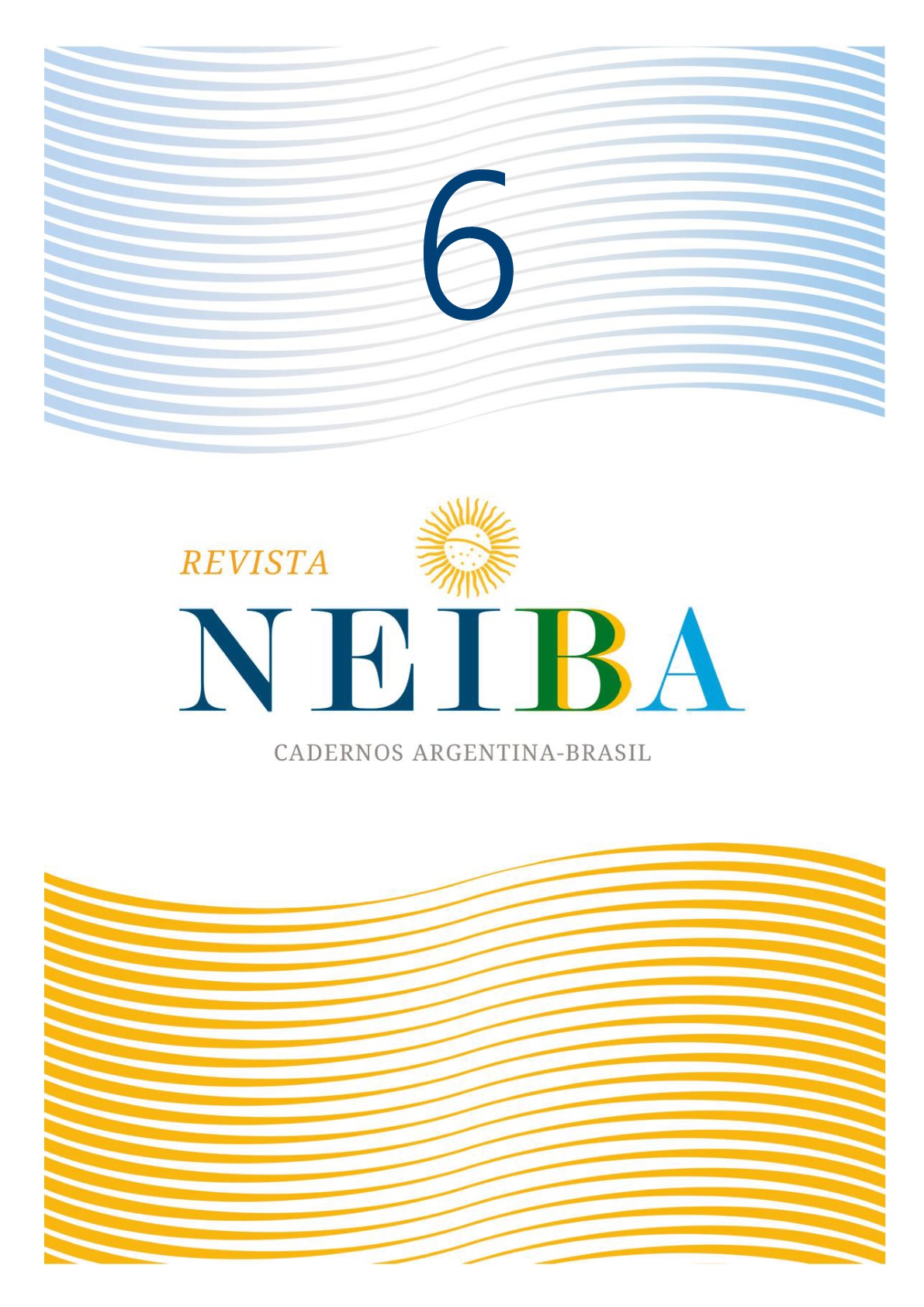El Proceso de Institucionalización de Hezbolá (1975-2005) l Hezbollah’s process of institutionalization (1975-2005)
Palavras-chave:
Hezbolá, Siria, InstitucionalidadResumo
El Hezbolá (“Partido de Dios”) es una agrupación política libanesa muy popular entre los chiítas que surge en el contexto de la Revolución Islámica en Irán como una milicia dedicada a defender los intereses de su grupo confesional que lo sustentaba y levantar la bandera del islamismo durante la Guerra Civil Libanesa (1975-90). Sin embargo, al término del conflicto, sabrá reconvertirse en una agrupación político-militar de relevancia considerable en la contienda electoral del país, con una organización eficiente y un discurso sólido. En ese contexto, la alianza que realizará este grupo de inspiración iraní con el gobierno sirio será fundamental para su consolidación.Referências
Avon, Dominique, y Khatchadourian, Anaïs-Trissa (2012). Hezbollah: A History of the Party of God, Cambridge, Harvard University Press.
Azani, Eitan (2011). Hezbollah: The Story of the Party of God. From Revolution to Institutionalization, New York, Palgrave-Macmillan.
Dionigi, Filippo (2014). Hezbollah, Islamist Politics and International Society, New York, Palgrave-Macmillan.
Haddad, Simon (2005). A Survey of Lebanese Shi’i Attitudes Towards Hezbollah. Small Wars and Insurgencies, Vol. 16, Issue 3, pp. 317-333
Norton, Augustus (2014). Hezbollah: A Short History, Princeton, Princeton University Press.
Sartori, Giovanni (2005). Parties and Party Systems: A Framework for Analysis, Colchester (UK), ECPR Press.
Taha, Jihad (2016). Hezbollah after the Lebanese Civil War. How the Taif Agreement Created a Window of Opportunity for the Continued Existence of the “Party of God”, Copenhaghen, Aalborg University.
Downloads
Publicado
Como Citar
Edição
Seção
Licença
Os Direitos Autorais dos artigos publicados na Revista Neiba, Cadernos Argentina-Brasil pertencem ao(s) seu(s) respectivo(s) autor(es), com os direitos de primeira publicação cedidos à Revista Neiba, Cadernos Argentina-Brasil, com o trabalho simultaneamente licenciado sob uma Licença Creative Commons Atribuição, a qual permite o compartilhamento do trabalho com reconhecimento da autoria e publicação inicial nesta revista. Em virtude de aparecerem na Revista Neiba, Cadernos Argentina-Brasil, o material criado por você pode ser distribuído, copiado e exibido por terceiros. O trabalho original deve ser citado e apresentar um link para o artigo disponível no site da revista em que foi publicado, de acordo com os termos da Licença Creative Commons Atribuição 4.0 Internacional adotado por esta Revista.
This work is licensed under a Creative Commons Attribution 4.0 International License





